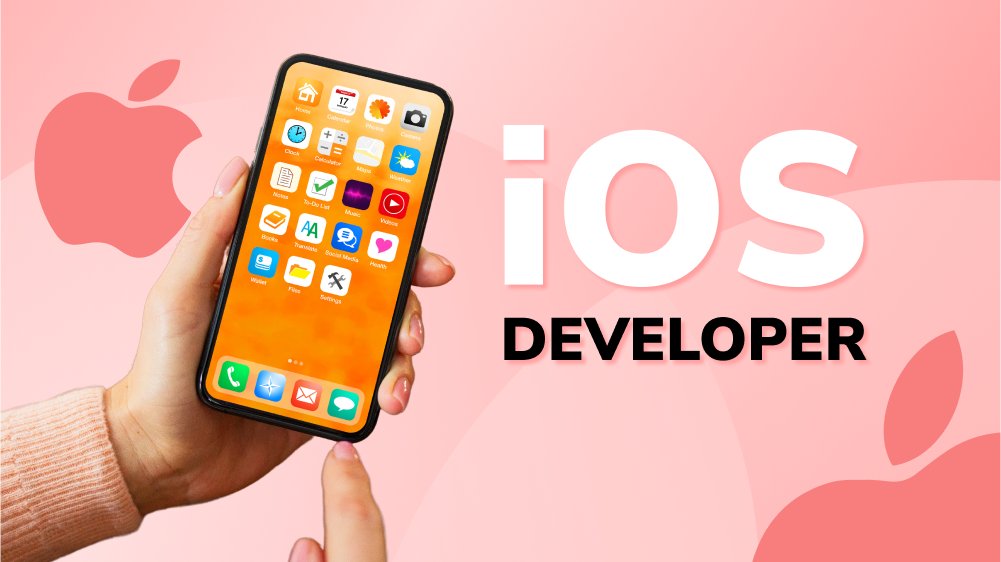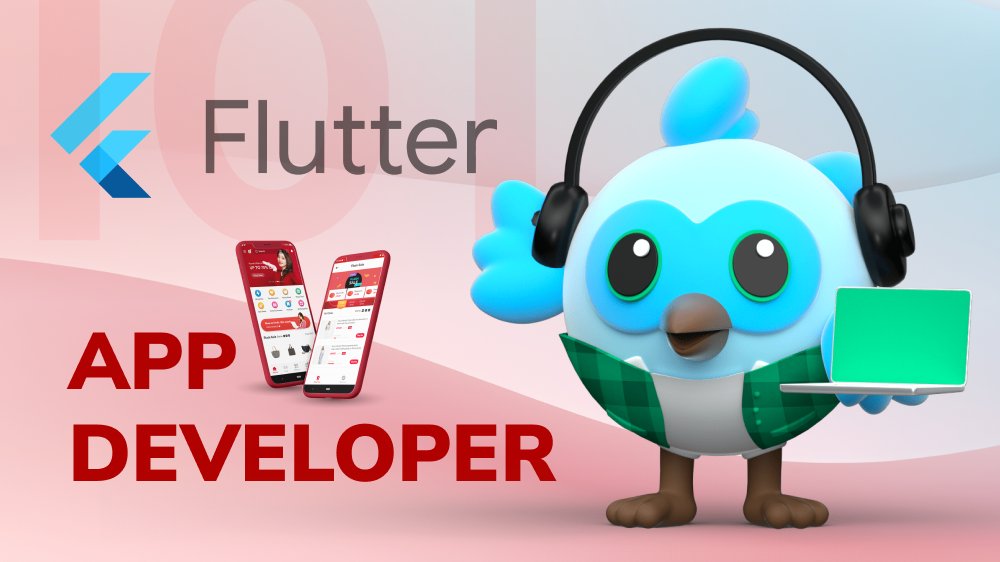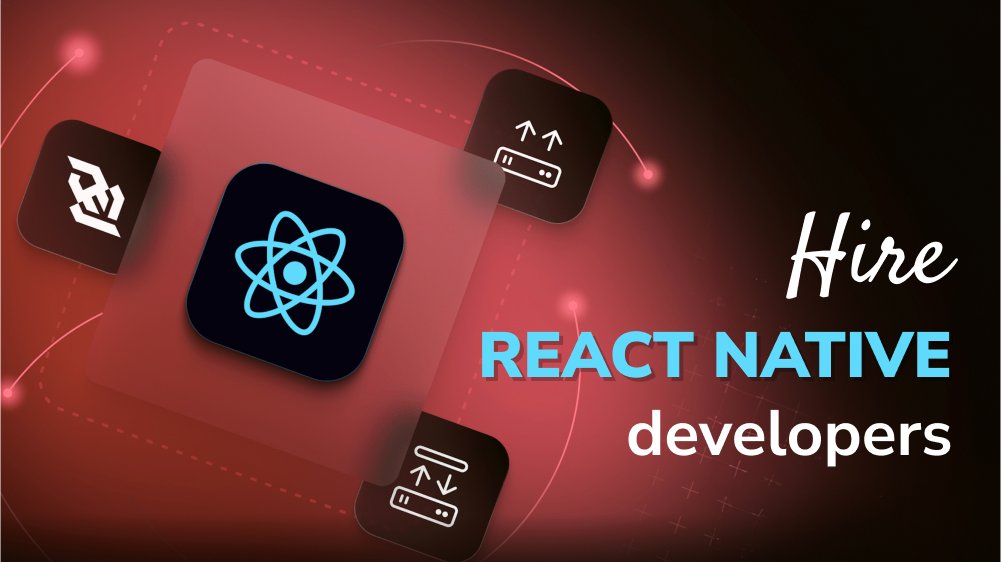
Top VR Game Developers in 2024
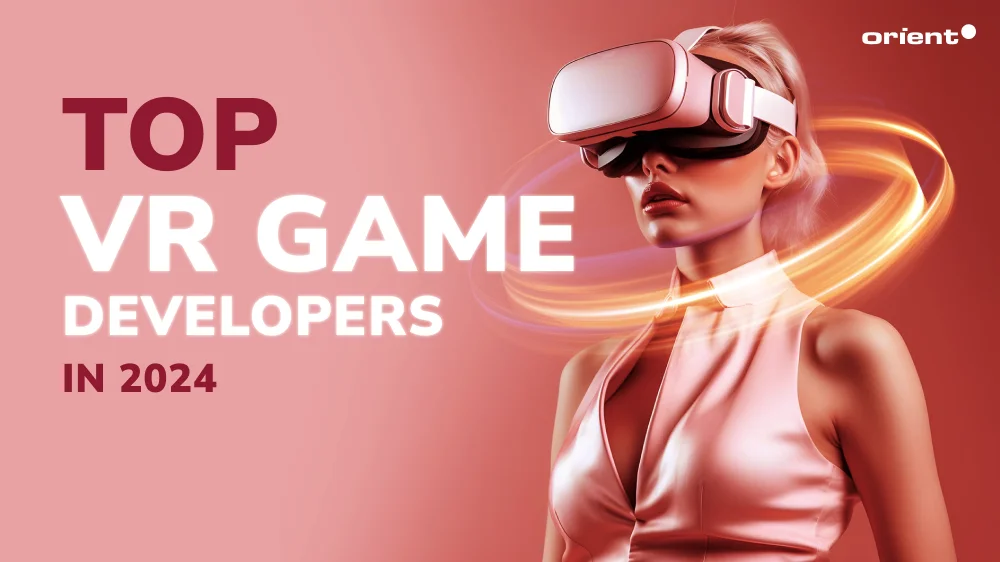
Content Map
More chaptersVirtual reality (VR) game development has been rising over the past decade. Ever since the release of the Oculus Rift in 2012, game development companies have invested heavily in VR hardware and software.
Companies like Sony have released their own line of headsets and exclusive games for the PlayStation 4 and 5 consoles. Meanwhile, the PC and mobile market offers an array of headsets and games released by major and independent game studios.
In this article, you will learn about what goes into VR game development and the VR game developers who bring the industry to life.
What Is VR Game Development?
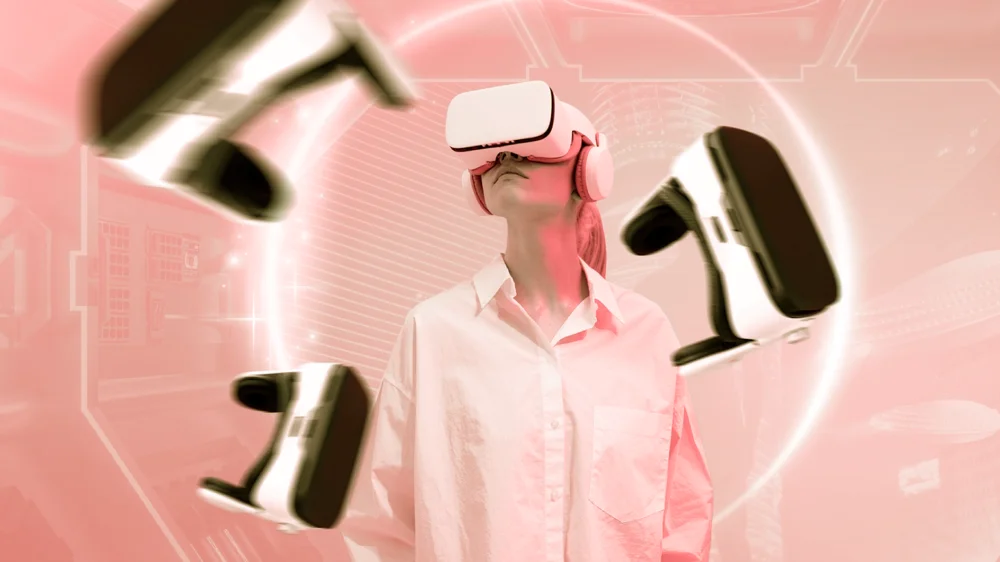
VR game development is developing, testing, and releasing video games exclusively for VR headsets.
VR headsets are wearable devices that users place on their heads. The device projects an image on the screen in front of the users, displaying the virtual environment that the user interacts with. To make any interaction with the game, the user holds at least one controller in one hand (or two controllers in two hands), to which the game detects their hand gestures and button inputs to provide an interactive experience.
VR gaming requires a unique combination of specialist skills, knowledge, and VR technology. This is because VR games require a higher level of physical interactivity and graphical fidelity than traditional video games to immerse players. A typical VR game studio has individuals who specialize in fields like:
- 3D modeling and animation – Artists create 3D representations of characters, while animators give motion to those characters with dynamic, expressive movements.
- Environmental design – Artists create 3D representations of the environments that the player will inhabit.
- Programming and scripting – Developers write the code that enables the game to function properly. They are responsible for every aspect, including user interactions, physics, game logic, and more.
- Sound design – Sound designers create the audio effects that players hear while interacting with the game, while music composers write the accompanying soundtrack.
- VR integration – The team ensures that the game runs and plays properly with the chosen VR headsets. This means making sure the player’s movements produce the desired outcomes comfortably.
- Testing – The QA and testing team identify and fix bugs and errors. They also apply optimization techniques to achieve consistent performance and graphical fidelity across all devices.
How Do VR Game Developers Create Games?
VR games are created by video game studios. These studios either specialize in VR game development or have a subsidiary dedicated to creating VR games. The main steps involved in creating VR immersive games include the following:
- Determine the type of VR game
- Choose a VR development platform
- Build and release the VR game
Determine the Type of VR Game

Most VR games are played from a first-person perspective. The player sees through the “eyes” of the characters they control, using hand gestures and button inputs to interact with the virtual world.
While the first-person perspective is common in VR games, the medium still covers various genres, including:
- Racing
- First-person shooters
- Simulation and strategy
- Education and training
- Music and rhythm
- Role-playing games (RPGs)
- Adventure
During planning, VR game developers put in considerable effort to establish the game’s genre, concept, story, and mechanics.
If the team is turning an existing IP into a VR game, they figure out how to translate its familiar concepts and ideas into a VR setting. Gran Turismo 7, released for the PlayStation 5, can be played on a traditional TV or with a VR headset.
Choose a Development Platform
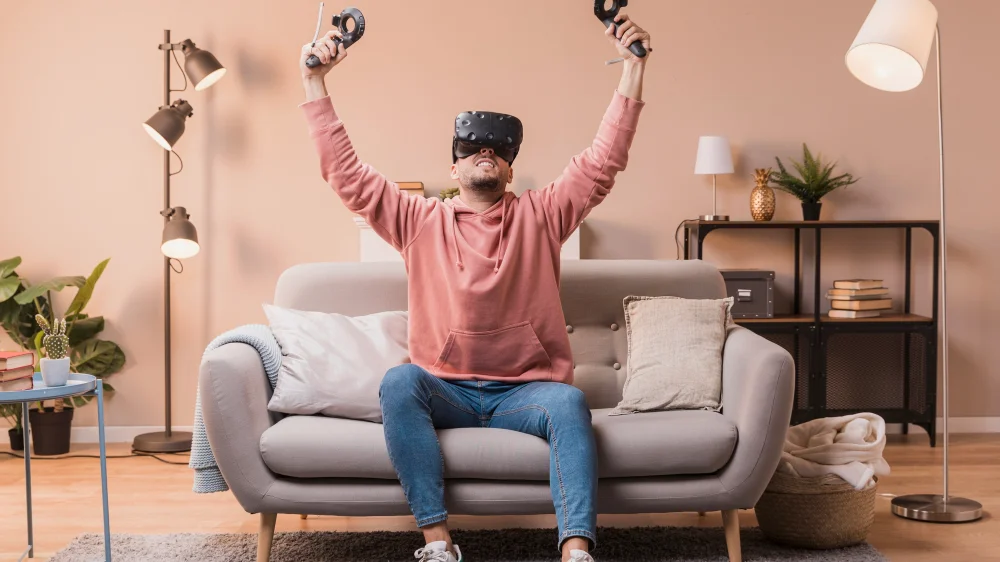
The choice of development platform refers to the type of headset that the studio develops for. It also refers to the choice of game engine and Software Development Kit (SDK). Let’s quickly cover these in greater detail.
VR Headset
There is a broad range of VR headsets to choose from. Smartphone-based VR headsets have you attach your smartphone to the headset, where you play the game off the device and use it as a screen. More expensive and powerful VR headsets have their own screens and connect directly to a PC or console.
The most popular VR headsets today are the:
- Meta Quest 3
- PlayStation VR2
- Valve Index
- HTV Vice Pro 2
- Samsung Gear VR
Game Engine
The two most popular VR game engines are Unity and Unreal Engine 5. VR developers put a lot of thought into choosing the right engine for their games. They consider not just the engine’s capabilities and hardware support but also their own team’s ability to realize the engine’s full potential.
Unreal Engine 5 is a powerful engine that supports programming languages like C++ and Blueprint Visual Scripting. It is compatible with virtually all modern platforms and headsets, and the Unreal Development Kit is one of the most powerful real-time 3D creation tools around.
Unity is another powerful engine for developing compelling VR experiences. It features built-in designer and artist tools, a feature-packed 3D editor, and support for computer aided design (CAD) tools. It supports programming languages like C#, Unity Visual Scripting, and external DLLs.
Software Development Kit (SDK)
VR software development kits contain the necessary tools and resources for virtual reality game developers to build software. A typical VR SDK has libraries, guides, blueprints, tutorials, samples, and more.
These resources help VR developers create better and faster games. They contain example programs and libraries, teaching developers how to build basic programs and, eventually, more sophisticated applications.
Who Are the Most Popular VR Game Developers Today?
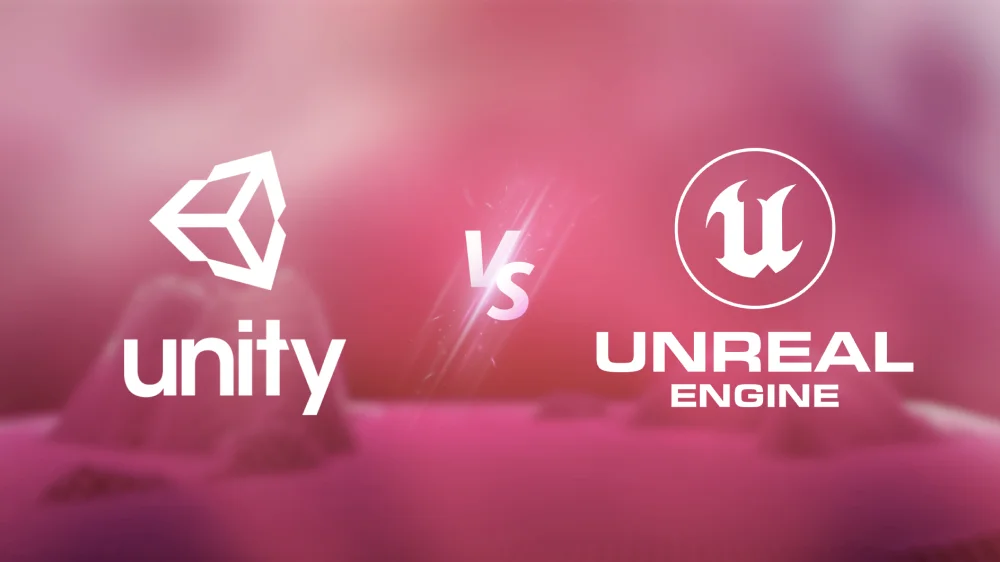
The most prominent VR game developers are responsible for some of the most commercially and critically successful games.
Their work has helped propel the medium forward – pushing technological boundaries, boosting hardware sales, and redefining genres. These achievements paint a promising future, with the global VR market expected to grow to more than 22 billion U.S. dollars by 2025.
Here are some of the major players in the VR space today.
Vertigo Games
Vertigo Games is a VR game development company specializing in developing, publishing, and distributing VR games in the location-based entertainment (LBE) market.
They are responsible for developing titles such as Arizona Sunshine 2, The 7th Guest, After the Fall, and the upcoming Metro Awakening (a VR-exclusive prequel to the popular Metro 2033 series).
The company’s development side consists of two independent studios that operate in Rotterdam and Amsterdam.
Beat Games
Creators of the immersive rhythm VR game Beat Saber, Beat Games is a game studio consisting of developers Ján Ilavský, Vladimír Hrinčár, and Peter Hrinčár.
Beat Saber is a rhythm game wherein players wield a pair of glowing sabers, using the two controllers in their hands to hit an approaching series of floating blocks in time with the music. The game has an original soundtrack and licensed music by popular recording artists, including Billie Eilish, The Weeknd, and Daft Punk, available as paid downloadable content.
Since its release in 2019, Beat Saber has been released on PlayStation 4, PlayStation 5, Windows, and Meta Quest. Oculus Studios acquired Beat Games in November 2019, although the studio still operates independently in Prague.
Warpfrog
Warpfrog is an independent game studio specializing in VR game development. Their first and only title so far, Blade & Sorcery, a VR first-person melee combat game, was launched under Early Access in December 2018. The full release came out in June 2024.
Originally envisioned as a multiplayer VR game, Blade & Sorcery was transformed into a single-player experience due to technical limitations. The high lag made it unsatisfying to fight other players online. The game places a strong emphasis on melee combat, where players use traditional weapons and found objects to fight enemies in a medieval fantasy setting.
Since its release, Blade & Sorcery has been praised for its impressive physics simulation and innovative melee combat. It has been released for Steam Oculus, VivePort, and commercial licensing.
Valve
Valve is a leading game development company and publisher, responsible for the popular Half-Life series and the Steam online game marketplace.
After years of failed attempts to follow up on the critically acclaimed Half-Life 2 (2004), Valve released the VR-exclusive prequel Half-Life: Alyx in March 2020. The game takes place five years prior to the events of Half-Life 2.
Players assume the role of the Resistance member, Alyx Vance. They use VR controllers to interact with a user interface and engage in combat with conventional firearms and physics-based techniques.
The game was praised for its ambitious scope, environmental interactions, gripping storyline, and atmosphere. It is considered a “killer” virtual reality gaming product, rivaling the scope and ambition of a feature-length video game.
Steel Crate Games
Steel Crate Games is an independent game studio and creator of the cooperative game Keep Talking and Nobody Explodes (2015).
In the game, at least two players work together to disarm a bomb in a virtual environment. One player, wearing a VR headset, interacts with different puzzles on the bomb to stop the timer, while the non-headset players relay vital information from a manual to assist with puzzle solving.
Keep Talking and Nobody Explodes has been praised for being an innovative party game. This is because the game can be enjoyed by both the VR headset wearer and the people watching the action unfold. The game was developed in Unity and was released on PlayStation 4 and Microsoft Windows, with non-VR ports released later.
The Future of Being a VR Game Developer
Virtual reality game development is an emerging industry with opportunities in both major and independent game studios.
VR game developers with experience in 3D modeling, animation, programming, and testing have contributed to the success of many virtual reality games. Plus, the industry is expected to grow over the coming years, especially with the rise of VR in instructional training.
For companies that have an interest in VR games and creating interactive experiences, VR is a compelling market to explore. Companies in different industries, ranging from manufacturing to automotive, are using VR in unique ways.
Car manufacturer Hyundai uses VR technology to transform car design, equipping designers with state-of-the-art tools to transform initial sketches into interactive virtual 3D models.
Need help with software outsourcing services? Contact Orient Software today.

